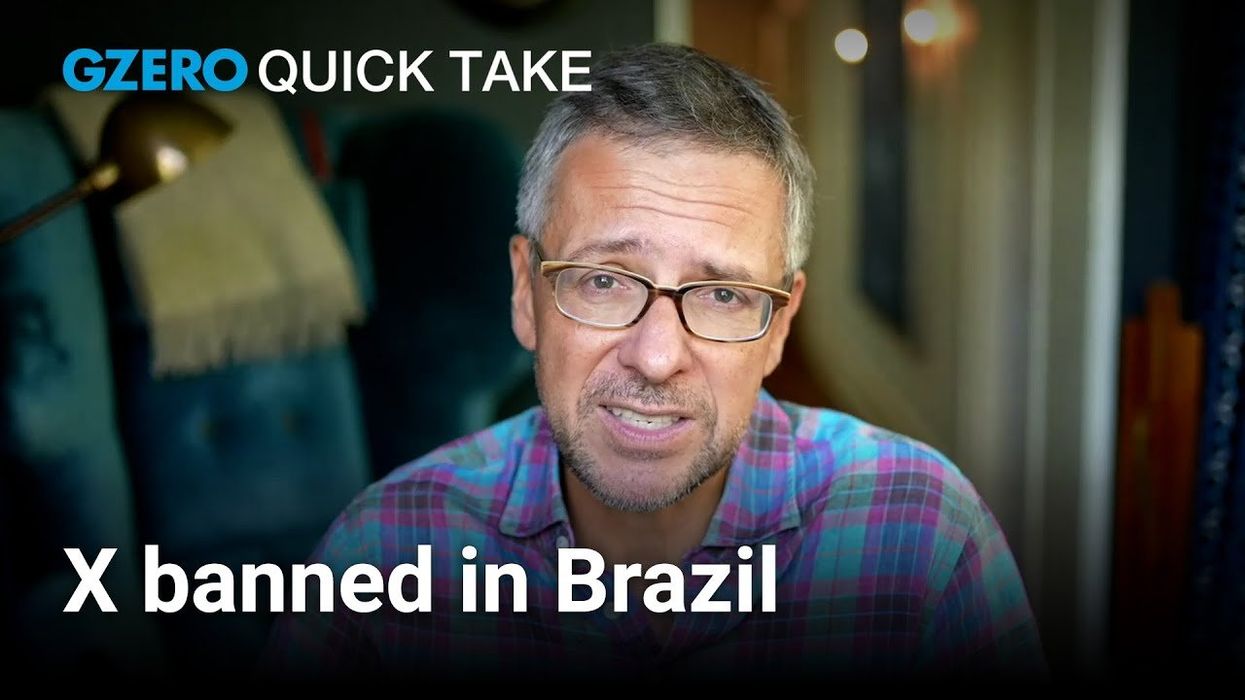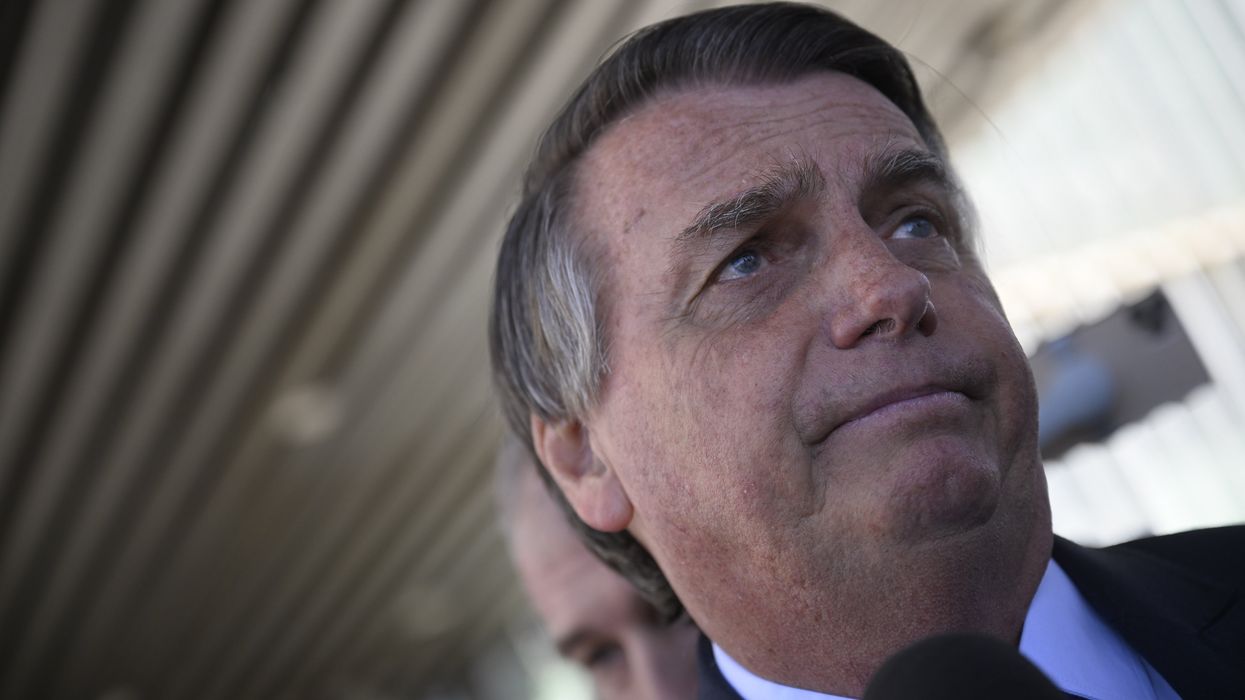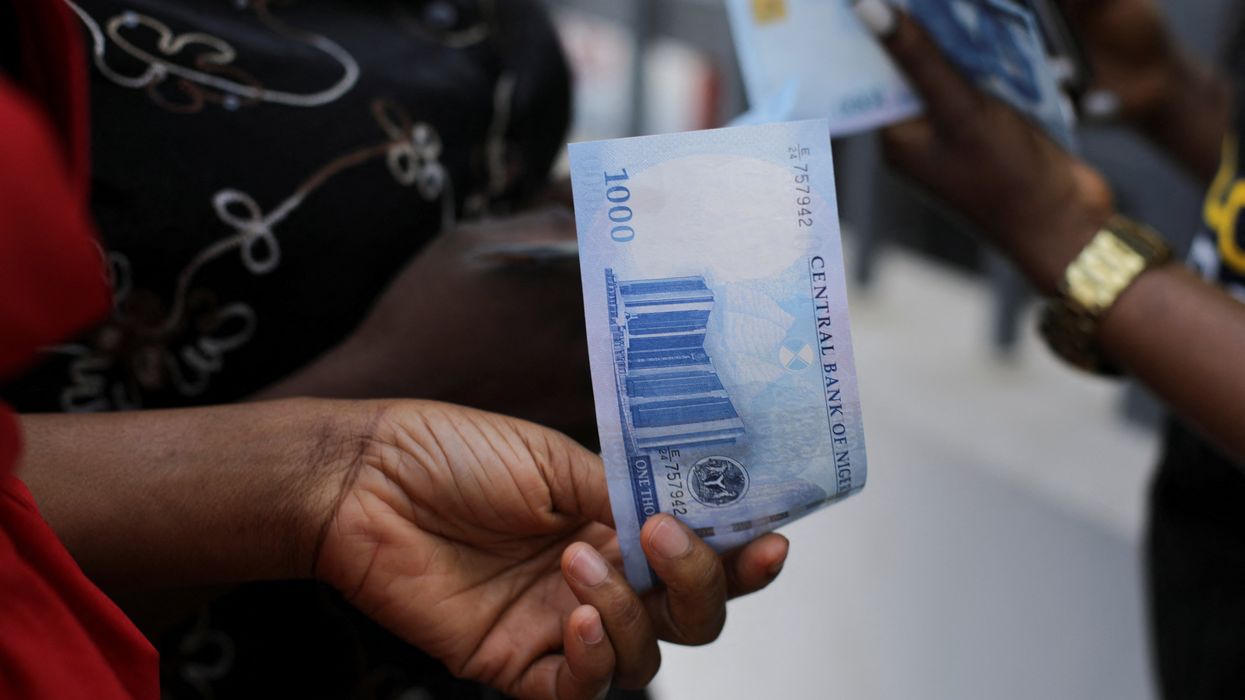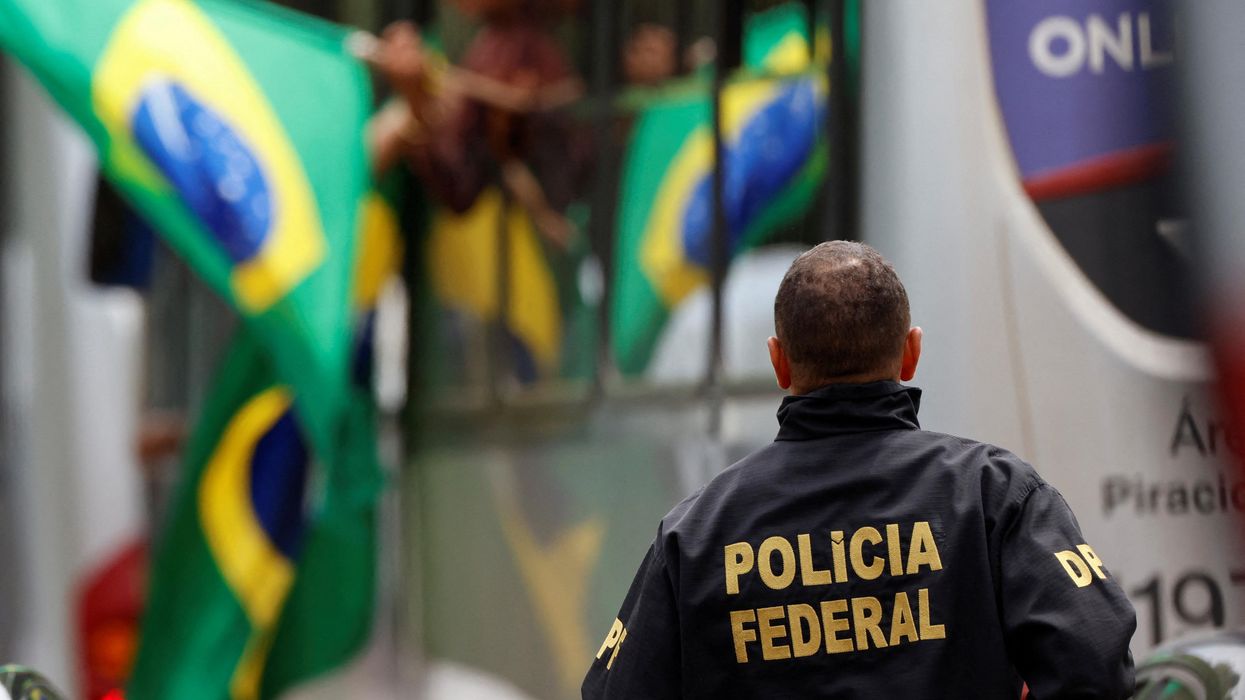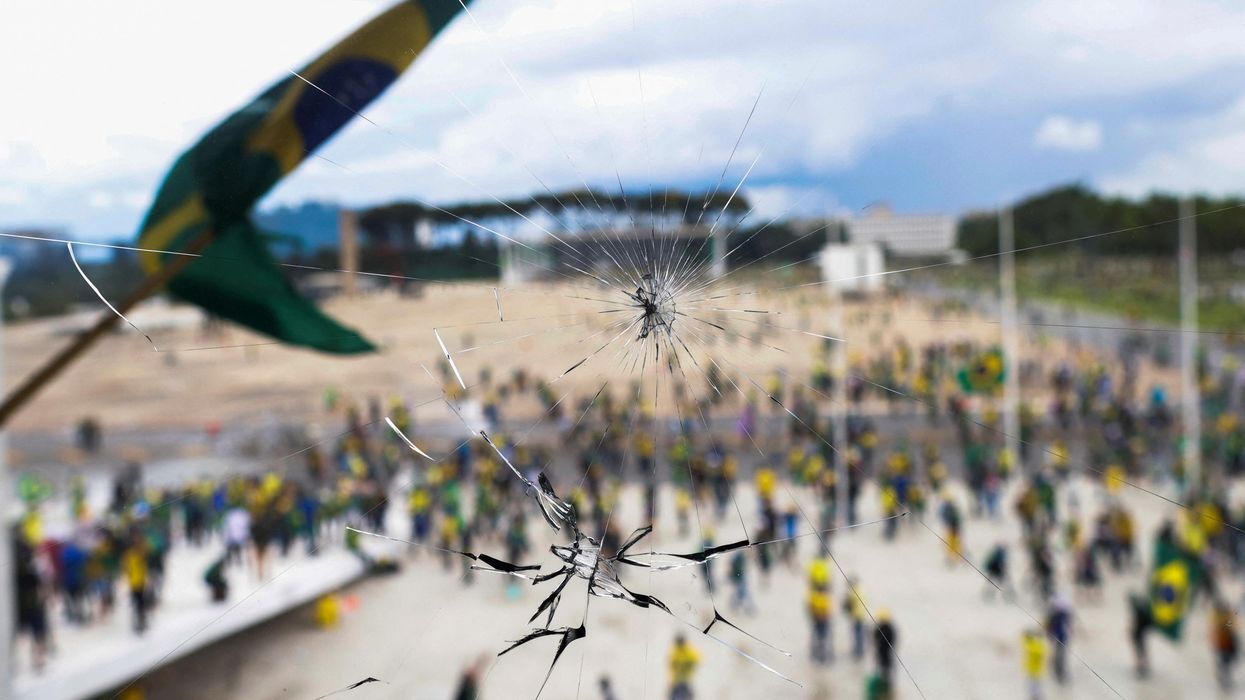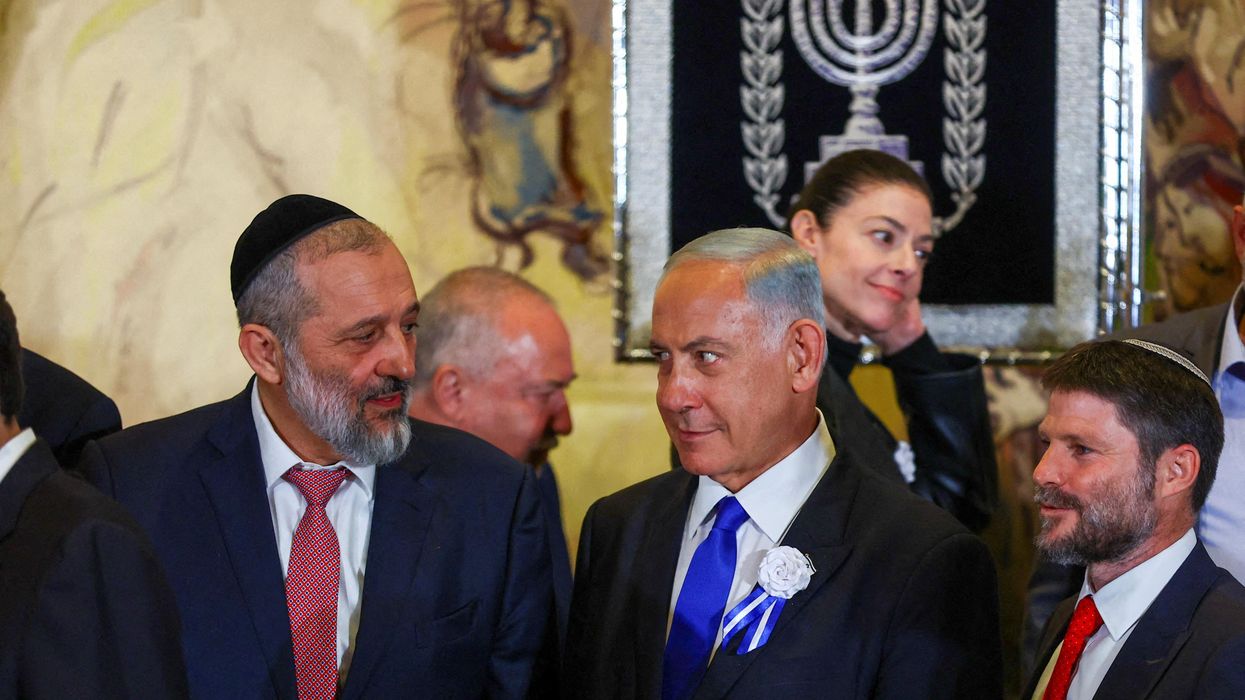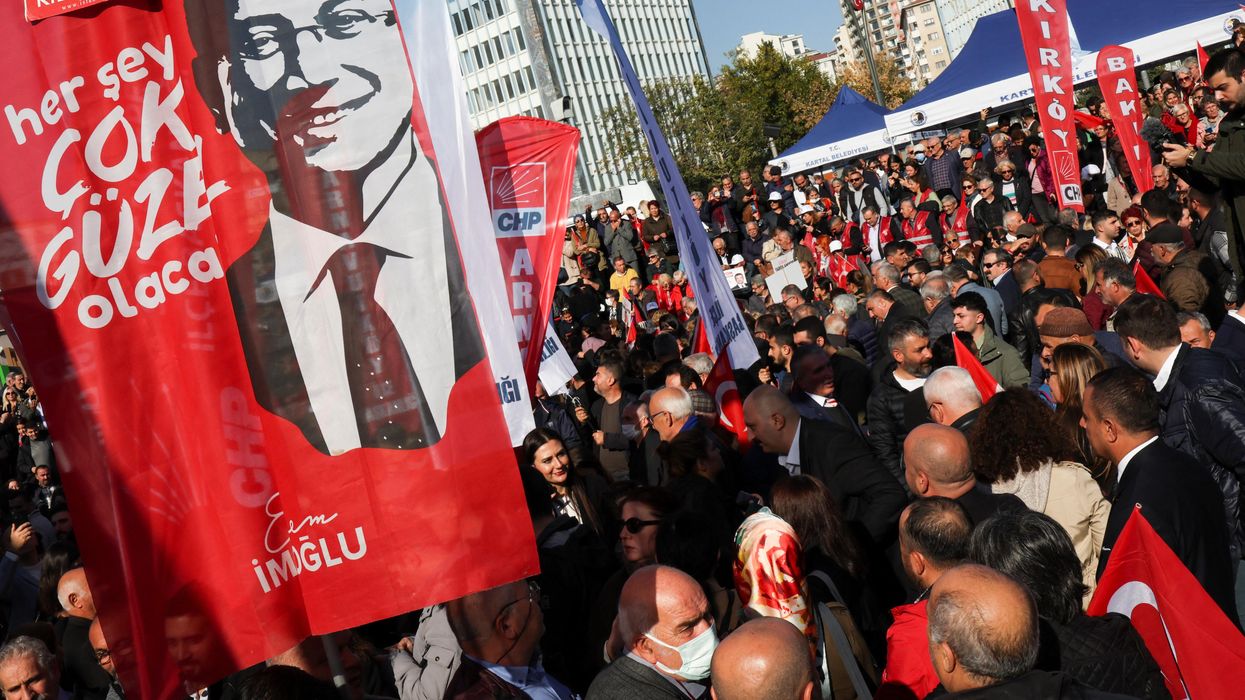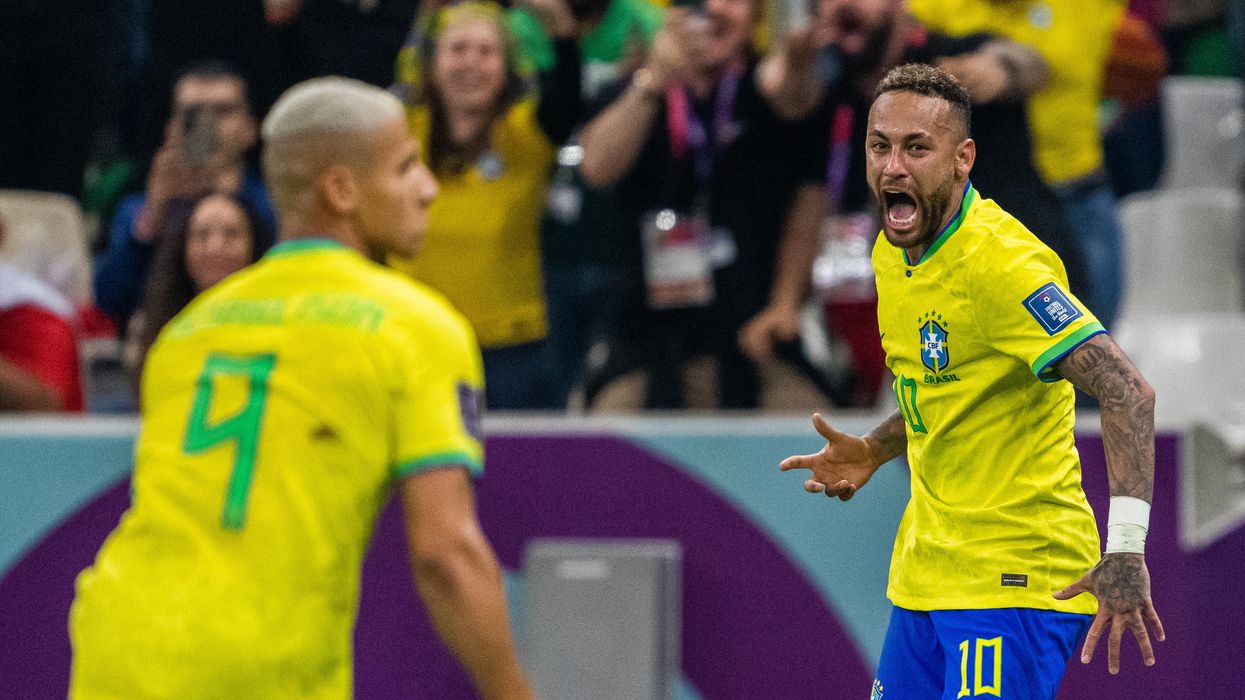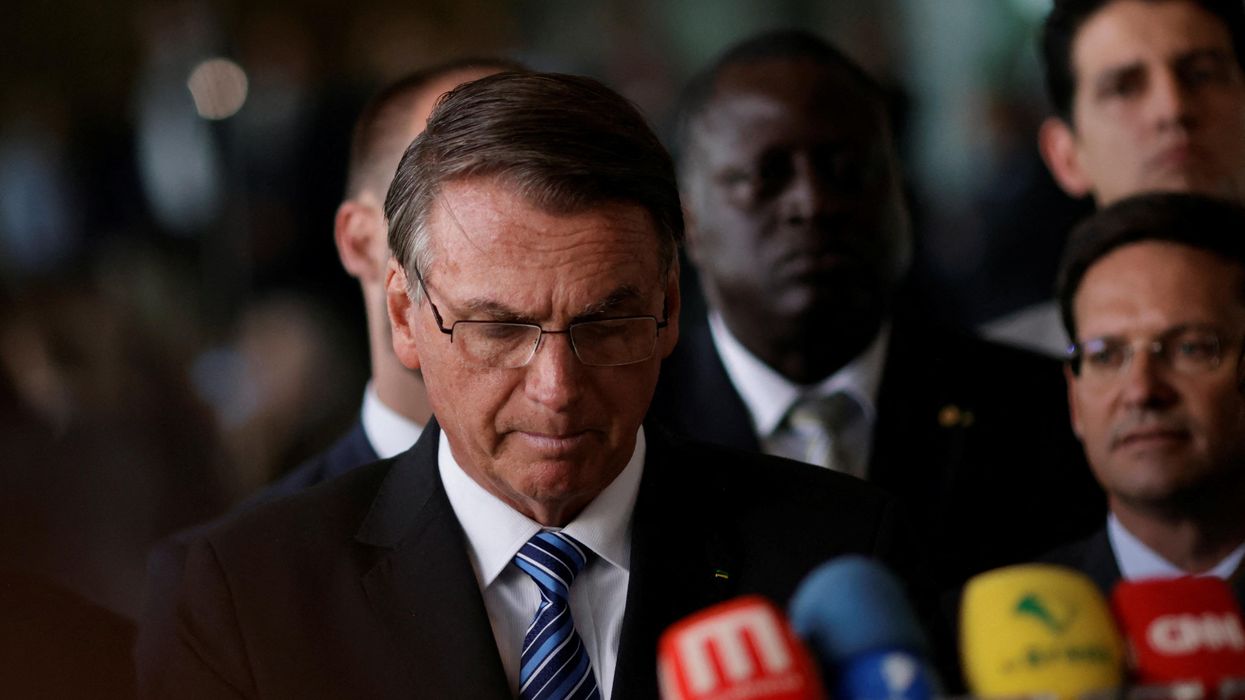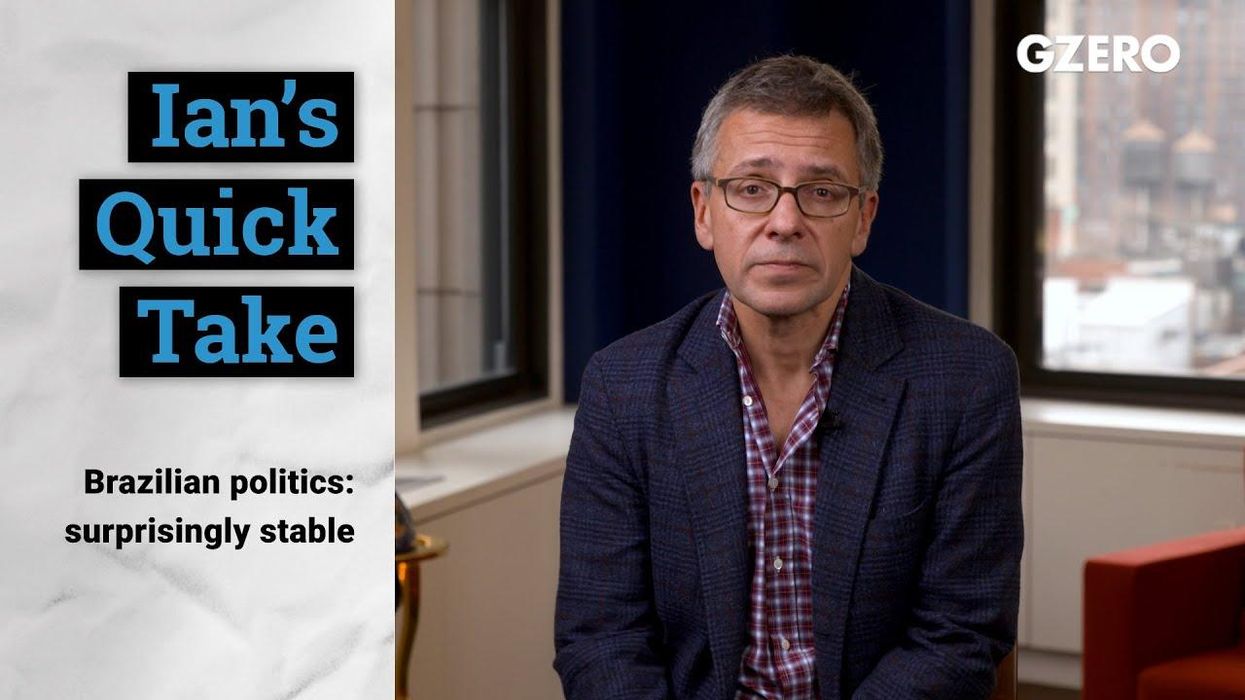Quick Take
Brazil's X ban becomes a rallying cry for Bolsonaro
Ian Bremmer's Quick Take: The Twitter/X ban in Brazil has presented an opportunity for the conservatives, including former President Bolsonaro, to use this and the opposition to freedom of speech as a rallying call. And that was what we saw in these demonstrations over the weekend. About 50,000 total on Brazil's Independence Day in Sao Paulo attending the rally. It was significant because it shows that the defense of liberty and democracy is a rallying cry of the opposition in the next presidential election that's coming up in 2026, which is not so far away.
Sep 09, 2024
